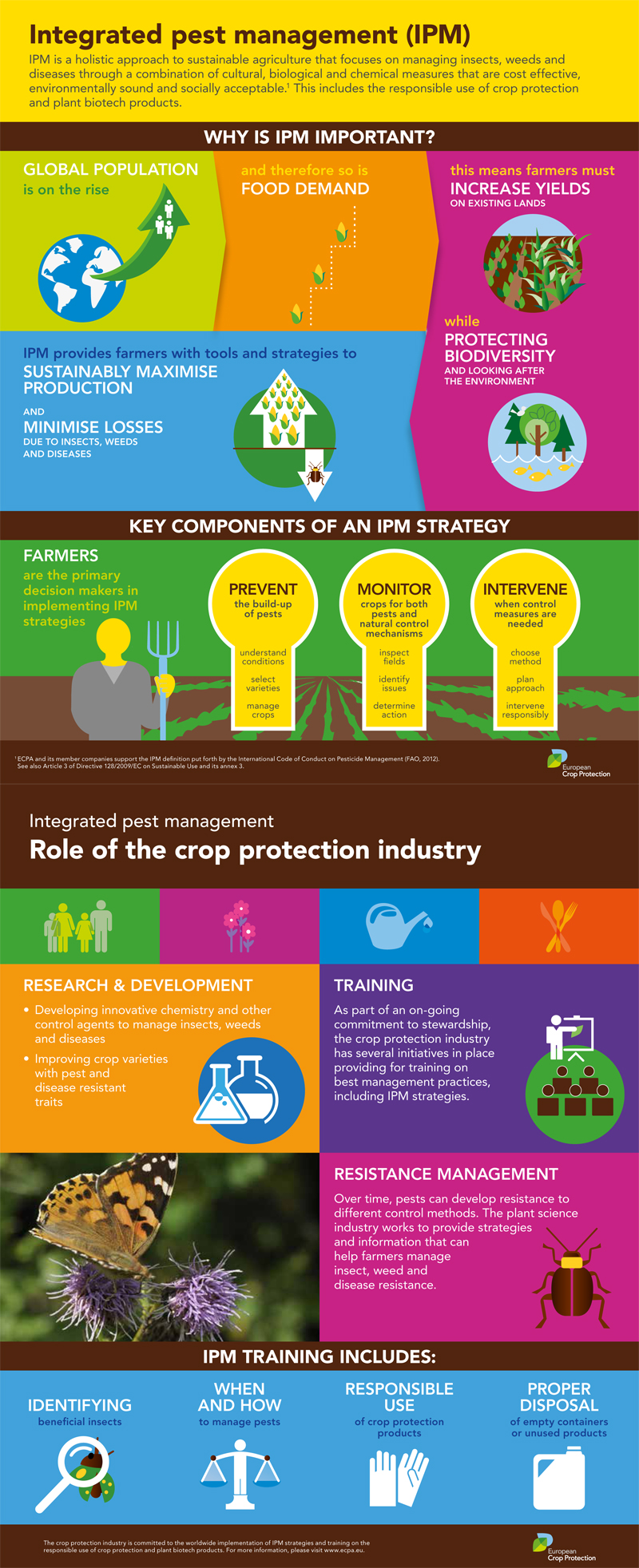Get Ready To Transform Your Yard Into A Pest-Free Place Utilizing These Creative Tips And Methods
Get Ready To Transform Your Yard Into A Pest-Free Place Utilizing These Creative Tips And Methods
Blog Article
Material Author-Vang Fyhn
Imagine your yard as a refuge, a place of peace and beauty. Nonetheless, the existence of exterior pests can quickly interrupt this idyllic image. Suppose there were straightforward yet efficient ways to keep these unwanted visitors at bay and secure your garden sanctuary? By adhering to a couple of useful tips and applying all-natural techniques, you can create a harmonious outside area where your plants can flourish uninterrupted.
Natural Insect Deterrents
To maintain insects away from your garden naturally, plant fragrant natural herbs like mint and lavender. These fragrant plants not just include elegance to your garden but also serve as effective insect deterrents. Insects like insects, flies, and also some garden-damaging insects are fended off by the solid fragrances produced by these herbs. Simply positioning them purposefully around your yard can help develop an all-natural obstacle against unwanted parasites.
In addition to mint and lavender, consider planting other natural herbs like rosemary, basil, and lemongrass to further boost your yard's pest-proofing capacities. lawn flea control serve as all-natural repellents however likewise have actually the included benefit of serving in cooking or crafting homemade remedies.
Strategic Plant Placement
Take into consideration the format of your yard and the kinds of plants you need to purposefully position them for maximum pest-proofing efficiency.
Start by grouping plants with similar resistance to parasites together. By doing this, you can create an all-natural obstacle that deters pests from spreading throughout your yard.
Furthermore, placing pest-repelling plants like marigolds, lavender, or mint near even more at risk plants can assist safeguard them. Tall plants, such as sunflowers or corn, can work as a guard for shorter plants versus insects like bunnies or ground-dwelling insects.
Keep in mind to leave adequate room between plants to enhance air circulation and decrease the threat of conditions that pests could bring.
In addition, think about planting strong-smelling herbs like rosemary or basil near susceptible plants to confuse insects' detects and make it harder for them to situate their targets.
Efficient Bug Control Approaches
For combating garden pests successfully, applying a multi-faceted pest control strategy is crucial. Beginning by motivating natural predators like birds, ladybugs, and hoping mantises to aid keep pest populaces in check. Introducing linked here that draw in these advantageous pests can help in bug control. Furthermore, exercising great yard hygiene by removing debris and weeds where parasites could hide can make your yard much less welcoming to undesirable visitors.
Consider using physical obstacles such as row cover materials or netting to secure at risk plants from bugs like caterpillars and birds. Using natural pesticides like neem oil or insecticidal soap can additionally be effective versus certain pests while being less unsafe to advantageous insects and the setting. It's crucial to revolve your crops each season to stop the build-up of bug populations that target details plants.
Regularly examine your plants for indicators of parasite damages so you can act without delay. By incorporating these methods and staying vigilant, you can effectively manage garden bugs and take pleasure in a flourishing, pest-free garden.
get redirected here , there you have it - with the best approaches, you can keep pesky outdoor insects away from your garden and aid your plants grow.
Did https://www.washingtonpost.com/climate-environment/2023/07/24/phoenix-heat-wave-birds-wildlife-rescue/ understand that growing mint has been shown to drive away mosquitoes and various other pests, minimizing the need for hazardous chemicals by up to 60%?
By including natural deterrents and clever planting techniques, you can create a lovely and pest-resistant garden sanctuary for you to appreciate.
